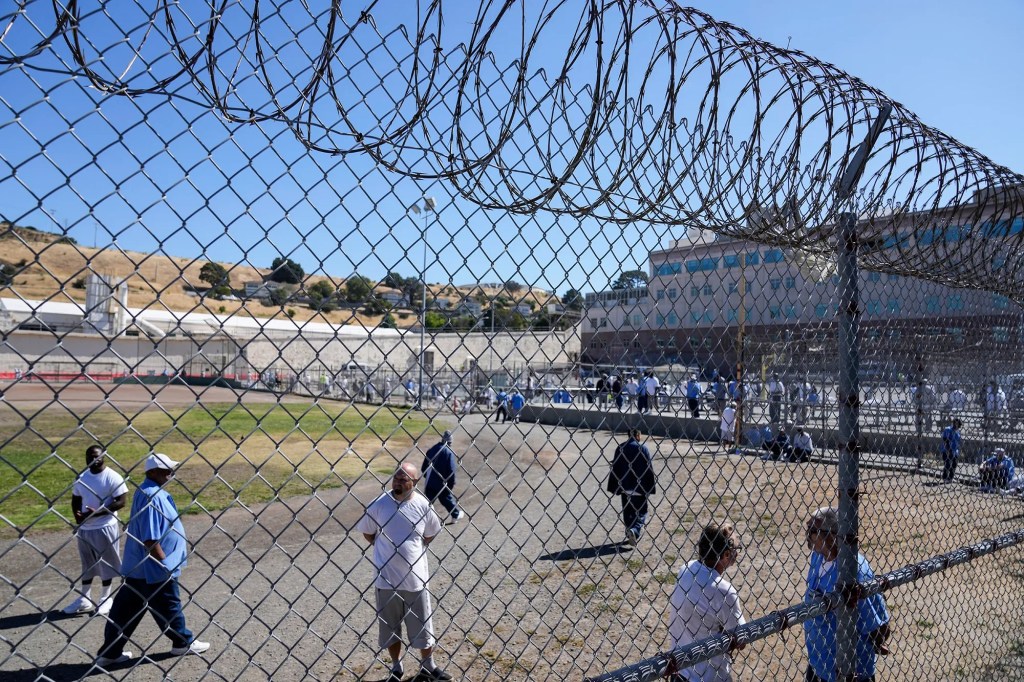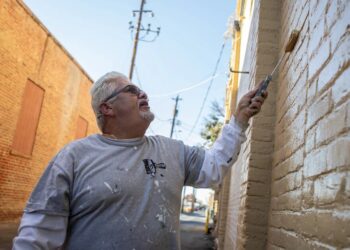The California Supreme Court yesterday upheld limits on when young people convicted of serious crimes are eligible for parole hearings, finding that a man convicted of a 1989 slaying cannot seek parole under recent policy changes that were meant to give more inmates a shot at leaving prison.
The statute allows people between the ages of 18 and 25 convicted of certain crimes to seek parole at their 15th, 20th and 25th years of incarceration, except for people sentenced to life in prison without the possibility of parole after the age of 18.
That was the case for Tony Hardin of Los Angeles, who was 25 when he robbed and killed an elderly neighbor 35 years ago.
A jury convicted him of first-degree murder, and agreed with prosecutors that the crime was a “special circumstance” — in this case, the murder was committed during a robbery. The jury declined a death penalty verdict and sentenced Hardin to life without parole.
In 2013, the Legislature passed a bill that required parole hearings for people convicted as juveniles by their 25th year of incarceration, but made an exception for those sentenced to life without parole. In 2017, the Legislature expanded that law to include everyone convicted of an offense committed when they were 25 or younger, but once again left in the exception for people in prison for life without parole.
Hardin appealed his conviction in 2021, arguing that barring inmates like him from parole violates the equal protection clause of the Fourteenth Amendment. He argued that parole would be possible for a 17-year-old who committed a special circumstance murder, or someone his age who was convicted of the first-degree murder without a special-circumstance finding.
A Los Angeles Superior Court judge rebuffed his appeal, but in 2022, Hardin found a sympathetic ear with a three-judge panel of the state Court of Appeals’ Second Appellate District, which ruled that he should be eligible for an evidentiary hearing in which he could…
Read the full article here







